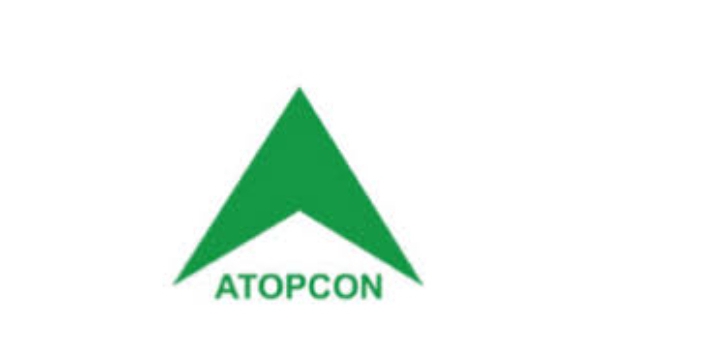Real estate stakeholders and advocacy groups are intensifying calls for tax reforms to address Nigeria’s housing crisis, urging the federal government to reduce sector-specific taxes and introduce targeted reliefs. The Housing Development Advocacy Network (HDAN) has specifically demanded the inclusion of low-income housing tax credits in the proposed Nigeria Tax Bill, arguing that excessive levies on developers and building materials stifle affordable housing delivery. This push comes as experts warn that underfunding in the 2025 housing budget—marked by a reduced capital allocation compared to 2024—threatens to worsen the nation’s 22 million housing gap.
Minister of Housing Ahmed Dangiwa has previously advocated for a N500 billion annual housing budget, far above the current N50 billion allocation, to meet the N5.5 trillion required for meaningful progress. Analysts like Sola Enitan of Cromwell Centre for Research stress that at least N1 trillion yearly is needed to spur job creation and economic growth through housing projects. Meanwhile, proposed tax reforms, including VAT exemptions on construction materials and streamlined levies, could lower development costs and attract foreign investments. However, concerns persist over the exclusion of landlords from income tax relief under the proposed Rent Relief Allowance, which risks disadvantaging homeowners and retirees.
Industry leaders emphasize that resolving Nigeria’s housing crisis—exacerbated by rapid urbanization and a population projected to hit 262.6 million by 2030—requires urgent fiscal interventions. HDAN’s Festus Adebayo has urged competitive tax credit models to incentivize genuine low-cost housing projects, while experts highlight successful global models in Brazil and Kenya as blueprints for Nigeria. With construction costs rising and interest rates limiting mortgage access, stakeholders argue that tax reliefs are critical to unlocking private-sector participation and bridging the deficit.

